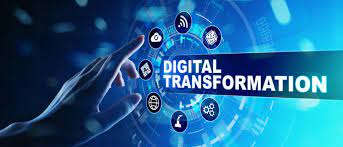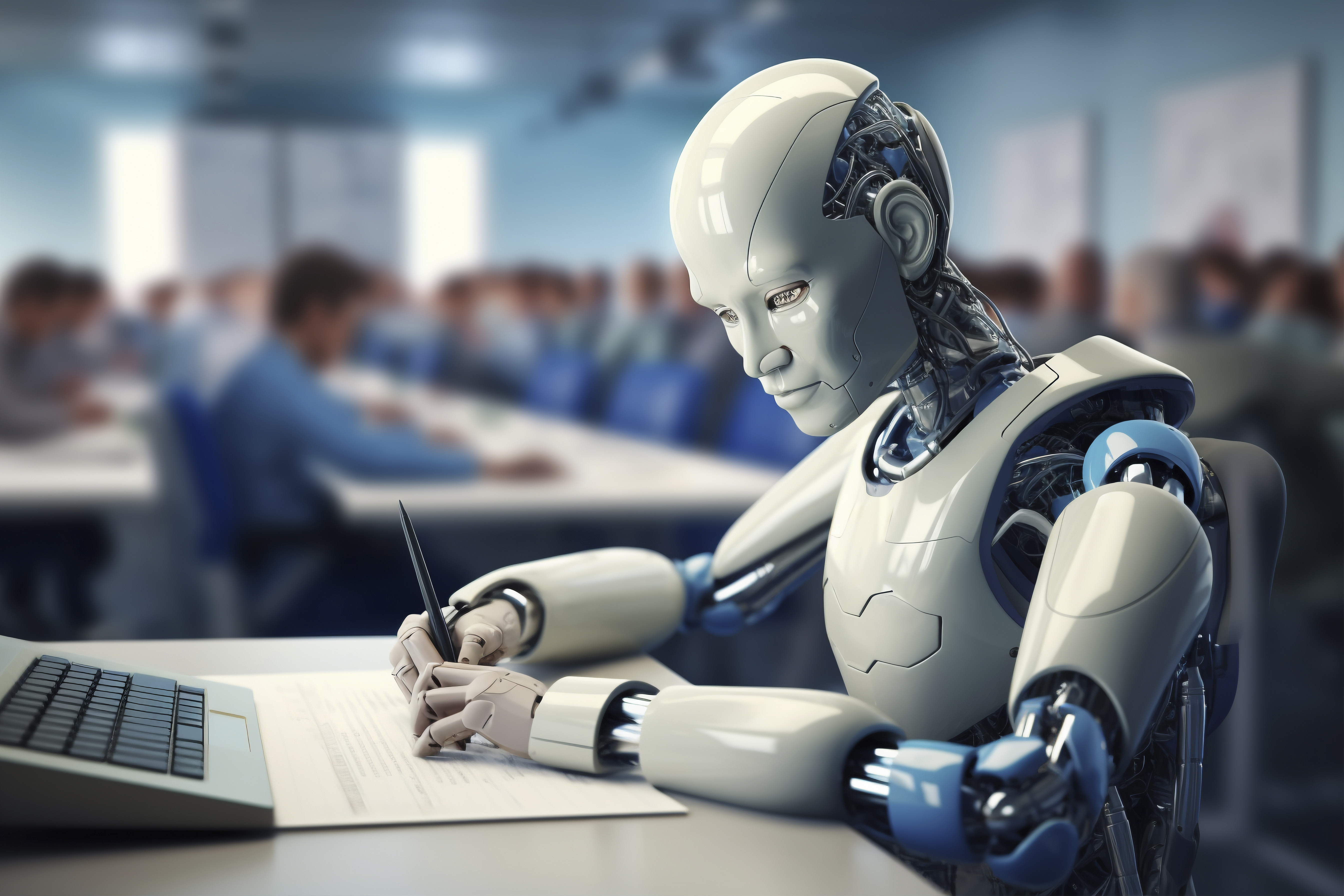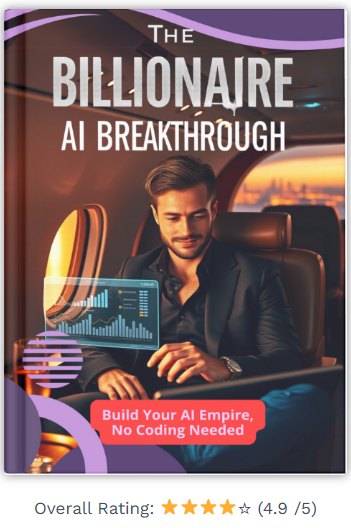Stuck in Legacy Systems? How AI-Powered Digital Transformation is Your Escape Route

Strong 8k brings an ultra-HD IPTV experience to your living room and your pocket.
For many organizations, legacy systems are the silent anchors holding back progress. These outdated platforms—once the backbone of business operations—now struggle to keep pace with the demands of a digital-first world. High maintenance costs, inefficiency, and a shrinking pool of experts are just a few of the challenges that make legacy systems a growing liability. But there’s a way out: AI-powered digital transformation. By harnessing artificial intelligence, businesses can modernize at unprecedented speed, unlock new value, and future-proof their operations.
The Legacy System Trap
What Are Legacy Systems?
Legacy systems are older software or hardware platforms that remain critical to daily operations but are built on outdated technology. They often lack compatibility with modern tools, are difficult to scale, and require specialized knowledge to maintain.
Why Are They a Problem?
High Maintenance Costs: Legacy systems consume a disproportionate share of IT budgets. In some sectors, up to 80% of IT spending goes toward maintaining these aging platforms.
Inefficiency and Bottlenecks: Outdated systems are slow, prone to errors, and often require manual workarounds, leading to productivity losses and frustrated employees.
Security Risks: Older systems are more vulnerable to cyber threats and may not comply with current security standards.
Talent Shortage: As technology evolves, fewer professionals are trained to support legacy platforms, increasing the risk of costly downtime.
Why Traditional Modernization Falls Short
Historically, modernizing legacy systems meant lengthy, expensive, and risky projects. Full-scale replacements could take years, disrupt operations, and sometimes fail to deliver the expected benefits. Many organizations, wary of these pitfalls, have delayed modernization—only to find themselves further behind as digital transformation accelerates across industries.
Enter AI: The Game-Changer in Digital Transformation
Artificial intelligence is revolutionizing how organizations escape the legacy trap. Here’s how AI is transforming the modernization journey:
1. Automated Code Refactoring and Migration
AI-powered tools can analyze legacy codebases, identify inefficiencies, and automatically refactor or translate code into modern languages. This drastically reduces the time and effort required for manual rewriting, compressing multi-year upgrades into weeks or months.
2. Intelligent Data Integration
AI algorithms excel at mapping complex data schemas, cleansing records, and migrating information to new platforms with minimal downtime. This ensures data integrity and accelerates the transition to modern systems.
3. Process Automation
Robotic process automation (RPA) and AI-driven bots can automate repetitive, rule-based tasks, freeing up human resources for higher-value work. This not only streamlines operations but also reduces errors and operational costs.
4. Predictive Maintenance and Optimization
AI tools monitor system performance in real time, predict failures before they occur, and suggest optimizations. This proactive approach minimizes disruptions and maximizes efficiency.
5. Enhanced Testing and Quality Assurance
AI-based testing tools automatically generate test cases, monitor outputs, and catch bugs instantly. This shortens test cycles and ensures the new system mirrors the old system’s functionality.
Real-World Success Stories
Financial Services
A leading financial institution modernized its underwriting platform using AI-powered tools. The result? Loan eligibility assessment times dropped by 40%, accuracy improved by 30%, and customers enjoyed same-day approvals.
Retail and Supply Chain
Walmart integrated AI and machine learning into its inventory and logistics systems. This led to better demand forecasting, a 15% reduction in stockouts, and improved profitability.
Healthcare
The Mayo Clinic enhanced its legacy electronic health record (EHR) systems with AI analytics and cloud platforms. This enabled predictive care insights, improved diagnosis accuracy, and reduced patient wait times by 20%.
Government
The U.S. Internal Revenue Service (IRS) used AI and automation to modernize its tax-processing systems, improving response times and reducing backlogs by 30%.
The Business Impact: By the Numbers
Efficiency Gains: Organizations leveraging AI in digital transformation service are 1.5 times more likely to achieve their goals and report a 66% improvement in performance and productivity.
Cost Savings: 95% of companies adopting cloud and AI technologies have reduced IT costs and improved productivity.
Customer Experience: 41% of companies have seen better customer experiences with generative AI, and 40% have gained higher productivity.
Widespread Adoption: 77% of companies are using or exploring AI, and 90% are undergoing some form of digital transformation.
Overcoming Common Concerns
Is AI Modernization Disruptive?
AI enables incremental modernization—updating systems module by module rather than all at once. This approach preserves core business functions, reduces risk, and allows for continuous improvement.
What About Security and Compliance?
Modern AI-powered platforms are designed with security and compliance in mind, often exceeding the capabilities of legacy systems. Automated monitoring and real-time analytics help organizations stay ahead of threats.
How Do You Get Started?
Assess Your Current Systems: Identify pain points, dependencies, and opportunities for quick wins.
Choose the Right Approach: Options include rehosting, refactoring, or rearchitecting, depending on your business needs.
Leverage AI Tools: Use AI for code analysis, data migration, and process automation to accelerate modernization.
Invest in Change Management: Upskill your workforce and foster a culture of innovation to maximize the benefits of digital transformation.
Conclusion: Your Escape Route Awaits
Staying stuck in legacy systems is no longer an option for organizations that want to thrive in a digital world. AI-powered digital transformation offers a practical, efficient, and less risky escape route. By embracing AI, businesses can modernize faster, reduce costs, enhance customer experiences, and unlock new opportunities for growth. The future belongs to those who are bold enough to leave the past behind—one intelligent step at a time.
Note: IndiBlogHub features both user-submitted and editorial content. We do not verify third-party contributions. Read our Disclaimer and Privacy Policyfor details.







